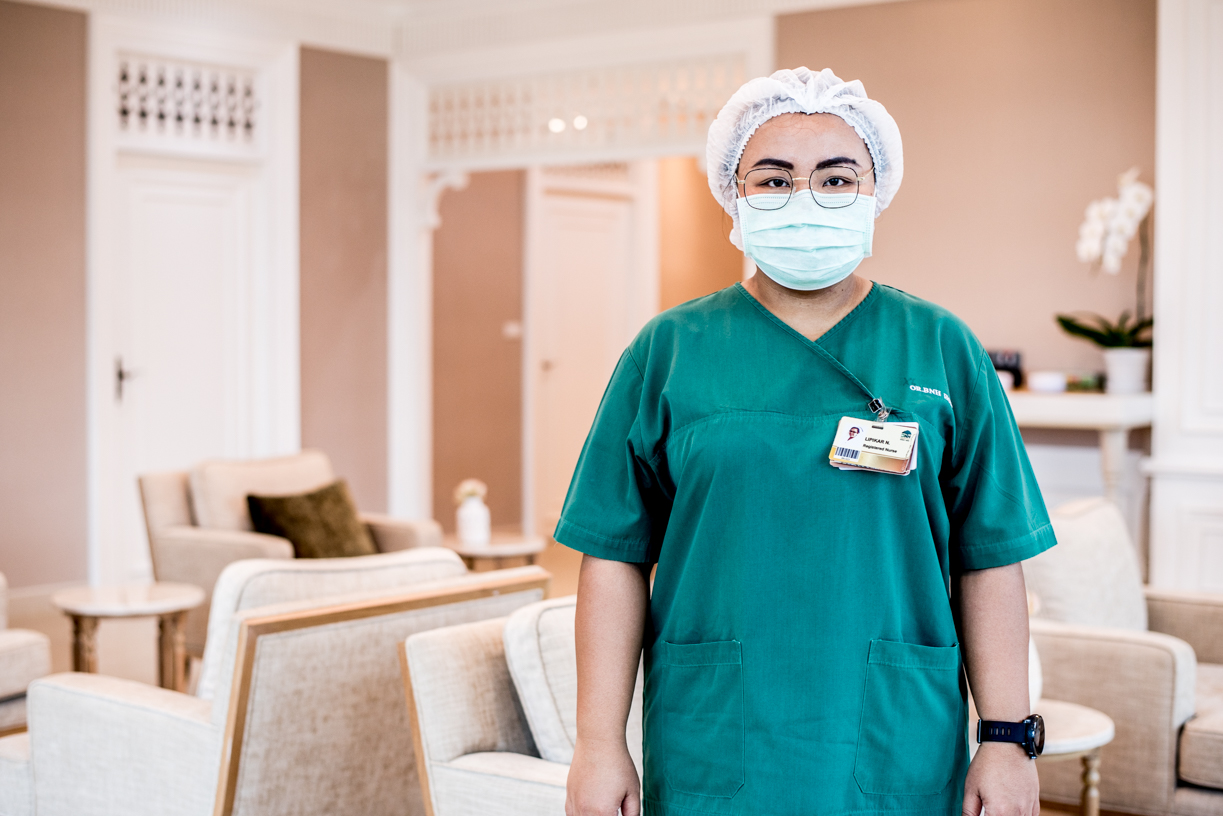
There are many things we don’t know about COVID-19, but it appears men are disproportionally dying during this pandemic. In New York City, for example, 43 men per 100,000 die from the disease, compared to 23 women per 100,000 infected. Still, in times of pandemics and other major global disruptions, prior research indicates girls and women are hit hardest — and this is especially true today.
“As countries worldwide have closed schools and set travel restrictions in the wake of the coronavirus pandemic, mothers around the globe are faced with the burden of balancing childcare and working at home,” the nonprofit Global Citizen observed on March 25, illustrating just one example. “These responsibilities are in addition to the disproportionate amount of domestic labor women already do.”
Normal life has been upended for everyone. At the same time, before the pandemic, no country was been able to even out the gender divide. Even Iceland, which tops every gender equality list, has not managed to completely eradicate the gender gap. Now, the dynamics could shift further. Women are typically the primary caretakers, and many women (myself included) are now also working from home and in charge of homeschooling. Women are also frequently the caretakers of family members who are elderly and sick.

(Image: Lipikar Nilsamai, a nurse at BNH Hospital in Bangkok, Thailand, is one of millions of women on the front lines of the novel coronavirus pandemic. In many countries, including the U.S., women make up more than 80 percent of nurses.)
Many women are suddenly at the front lines of the COVID-19 pandemic
Further, the burden of caretaking often comes at the expense of economic security. Women are more likely to work in informal or low-wage jobs, which are at risk or have already been eliminated under current shelter-in-place restrictions. For example, 70 percent of restaurant servers and 77 percent of retail workers are women. Most of these jobs have been shelved for the moment, and those able to retain their jobs in these fields are unlikely to have paid sick leave or health insurance.
Women also make up the majority of frontline healthcare workers: 88 percent of registered nurses and 85 percent of home health workers are women. And during this pandemic in particular, it is noteworthy that 74 percent of respiratory therapists are women. In addition to putting themselves at risk for doing their job, these women also deal with extreme stress and trauma. Everyone’s fear and anxiety is heightened right now, and many are turning to therapists, 83 percent of whom are women.
Another concern that is amplified during this time is women’s health. Pregnancy is stressful enough without considering that many medical resources are diverted to address the pandemic. In some countries, where women’s health is already on the razor’s edge, the diversion away from obstetrics and gynecology is dangerous. During the 2014-2016 Ebola outbreak in West Africa, for example, resources were diverted away from women’s health, resulting in an uptick in the death of women and a reduction in vaccinations for other illnesses.
Women’s health, wellbeing and safety are increasingly at risk
In the U.S., several states are using the pandemic to politicize abortion by restricting access. And as the number of coronavirus cases continues to surge, the pandemic has also added to the difficulties that many women already face when seeking access to birth control options. On the latter point, the U.S. Women’s Chamber of Commerce and 20 leading U.S. companies recently filed an amicus brief that emphasizes the critical role access to contraception has on the wellbeing of employees.
“If women in the United States do not have access to contraception or abortion services in the wake of the coronavirus, they may turn to potentially harmful extralegal methods to end unwanted pregnancies,” wrote Emma Day, a doctoral candidate at Oxford who studies women's activism in response to the HIV/AIDS epidemic, in a recent op-ed for the Washington Post.
Another unseen impact for some women is that shelter-in-place may become a frightening scenario if their homes are not safe spaces. Domestic violence and child abuse reports have increased as more cities and states require people to stay at home, with some cities seeing increases in the double digits. (If you need help, contact the National Domestic Violence Hotline or your local authorities.)
Domestic violence shelters are full in many areas, and also face difficulty in following local social distancing orders. Stressful situations tend to increase the risk of violence, and the combination of job loss, fear and anxiety, as well as long-term uncertainty, serve to exacerbate it. For example, affected areas saw a spike in such reports after Hurricane Harvey in 2017. Once these cases are no longer the purview of law enforcement, the frontline workers who deal with domestic violence are mainly social workers — and 83 percent of them are women.
How businesses and government can step up for women’s health and safety
When we are on the other side of this pandemic, we must remember the lessons and take them to heart. Businesses and governments at all levels should work to close the gender pay gap. Several companies are stepping up during the pandemic to offer healthcare and paid leave. PepsiCo, for example, has implemented various paid sick leave, child care and severance policies should COVID-19 affect employees. That should be standard.
This pandemic also reinforces the need for more women in positions of leadership, not only in healthcare and public health decision-making, but also in economic decision-making at government agencies. as well as within the management, C-suites and boards of companies. The coronavirus does not discriminate in who it infects; our policies and businesses should not either.
Image credit: Clay Banks/Unsplash, U.N. Women/Ploy Phutpheng/Flickr and Graham Ruttan/Unsplash

Kate is a writer and policy wonk, with a focus on water, clean energy, climate change and environmental security. She spent over a decade running energy-water nexus and energy efficiency programs at Environmental Defense Fund as well as time at the U.S. Departments of Energy and Defense, U.S. Government Accountability Office, and state and federal legislatures. She serves as an Advisory Board member of CleanTX, which aims to accelerate the growth of the clean tech industry in Texas.














